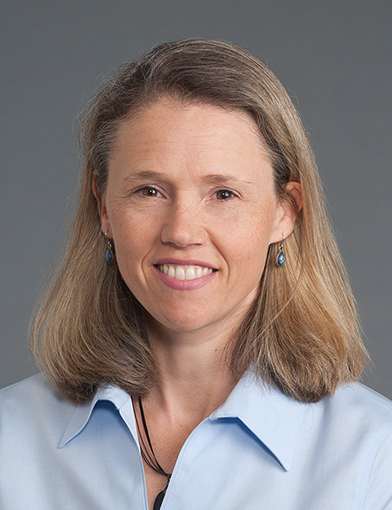The Section on Comparative Medicine at Wake Forest University School of Medicine provides internationally-recognized leadership in the translation of basic to clinical science. Our faculty seeks to foster an intellectual and collaborative environment that is dedicated to understanding diseases of relevance to public health through preclinical trials and biomedical research in nonhuman primates and other animals.
Section on Comparative Medicine Research Section of the Department of Pathology
The Section on Comparative Medicine provides internationally-recognized leadership in the translation of basic to clinical science.
Our Research and Facilities
Key research areas within comparative medicine include: Aging and Metabolism; Cardiometabolic Diseases; Immunopathology and Cancer; Neuropathology; Nutrition and Stress; Reproductive Pathology; Radiation Effects; and Women's Health. The majority of our studies use nonhuman primate models.
-
Clinical Chemistry and Endocrinology Assay Services Laboratory
The Clinical Chemistry and Endocrinology Assay Services Laboratory provides clinical chemical, endocrinologic and specialty biomarker analyses.
-
Comparative Pathology Laboratory Core Facility
The Comparative Pathology Laboratory Core Facility offers resources for histological, immunohistochemical and histomorphometric research.
-
Diet Lab (PDF)
PDF overview about the Wake Forest School of Medicine Diet Lab's Scientific Focus, Services, and Laboratory Resources.
-
Preclinical Translational Services
Comprised of experienced veterinary professionals, a GLP-compliant surgical suite and a 200-acre campus for large animal care and housing, our team provides preclinical research expertise and services for Wake Forest faculty or industry partners.
-
Radiation Late Effects Cohort
The Radiation Late Effects Program facilitates the conduct of late-stage preclinical studies of mitigators of radiation damage in nonhuman primates.
-
Vervet Research Colony
A nonhuman primate (NHP) research resource which provides investigators with access to animals, sample and data repositories, and expertise in the use of NHP models for translational research.
Education and Training
The department offers several residency and fellowship programs in addition to PhD and MS graduate degree programs.
-
Veterinary Anatomic Pathology Residency Program
A three-year Veterinary Anatomic Pathology Residency Program intended to prepare residents for board certification by the American College of Veterinary Pathologists.
-
Laboratory Animal Medicine Residency Program
An ACLAM-certified program providing experience across a wide species range, with an emphasis on nonhuman primates.
-
Comparative Medicine Postdoctoral Training Program
This mentored research training program for veterinarians provides opportunities to study in the areas of comparative pathology, aging, cardiovascular disease, diabetes, cancer, maternal/fetal medicine, behavior, infectious disease, radiation injury, bone/joint disease, genetics of complex disorders and regenerative medicine.
-
Veterinary Student Summer Research Fellowship
Provides veterinary students with a summer fellowship designed to teach them about research methods, ethics and the broad career opportunities in biomedical research.
-
Anatomic Pathology, Laboratory Animal Medicine and Comparative Medicine Externship
A three- to four-week program for veterinary students and interested veterinarians
-
Veterinary Anatomic Pathology Residency Program
A three-year Veterinary Anatomic Pathology Residency Program intended to prepare residents for board certification by the American College of Veterinary Pathologists.
-
Laboratory Animal Medicine Residency Program
An ACLAM-certified program providing experience across a wide species range, with an emphasis on nonhuman primates.
-
Comparative Medicine Postdoctoral Training Program
This mentored research training program for veterinarians provides opportunities to study in the areas of comparative pathology, aging, cardiovascular disease, diabetes, cancer, maternal/fetal medicine, behavior, infectious disease, radiation injury, bone/joint disease, genetics of complex disorders and regenerative medicine.
-
Veterinary Student Summer Research Fellowship
Provides veterinary students with a summer fellowship designed to teach them about research methods, ethics and the broad career opportunities in biomedical research.
Leadership
Our uniquely skilled faculty and staff serve as the School of Medicine’s center for primate expertise and provide research services to other investigators. The comparative medicine faculty is diverse and includes DVMs, PhDs and DVM/PhDs. Many are diplomates of the American College of Laboratory Animal Medicine (ACLAM) and the American College of Veterinary Pathologists (ACVP).

Susan E. Appt, DVM
Section Head, Comparative Medicine, Pathology (Winston-Salem)
Professor, Comparative Medicine, Pathology (Winston-Salem)

